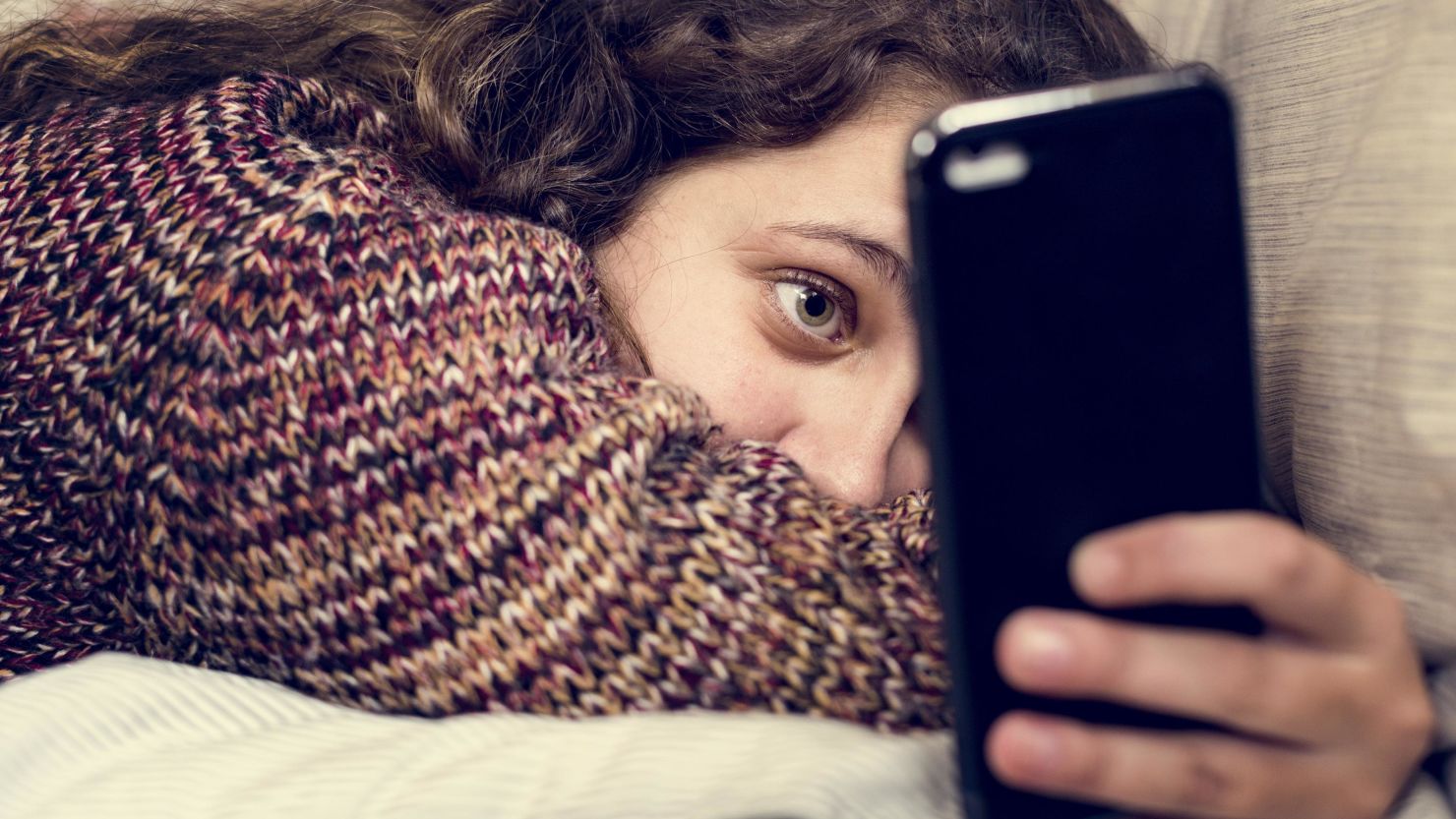Editor’s Note: Priya Singh is the chief strategy officer of Stanford Health Care and senior associate dean of Stanford Medicine. The opinions expressed in this commentary are hers. View more opinion at CNN.
We’ve all shared this experience. The perfect red envelope with the green holly stamp arrives in our mailbox. Inside is a long holiday letter, dotted with the photos of flawless families. Everyone knows no one is that perfect. Don’t get me wrong, I love my friends. I enjoy hearing from them and getting their cards. I just wish that the cards, letters and photos were a bit more real and that people stopped feeling the compulsion to “keep up with the Joneses.”
Why do we feel compelled to pretend? Online, it’s starting to feel like an annual holiday letter every day; not a once-a-year occurrence in my mail slot, but 24/7 embellishing instead of revealing how we actually feel.
This holiday season, I have a simple wish. Innovators gave us great digital tools to smooth out wrinkles and erase blemishes. We can lighten and brighten every snapshot and social media can give us powerful ways to connect with friends and family near and far. But we don’t need a photo filter for real life. Real life is messy. In fact, that’s what makes it interesting, challenging and fun. So starting in 2022, can’t we end the great pretend and share who we really are?
This year we all watched social media executives appear in front of congressional hearings to talk about the risks young people experience on their platforms. The pressure to fit in is enormous and the fallout is manifested in everything from eating disorders to bullying and self-harm. We don’t need a whistleblower to confirm that pressure only grows and intensifies with social media. It’s obvious.
Social media may be a mirror or it may be a magnifying glass, but most of all, this instinct to airbrush life reflects a pressure that doesn’t go away when you log off.
This has been especially true in the last almost two years of Covid. On campus, here in the heart of the innovation economy of North California, it’s not just new clothes, new dorms and new friends, but events that feel completely unnatural after 18 months of social distancing: being social, all the time. Too many feel pressured to pretend – to their roommates that they’re fine, to their parents that they’re doing great, to everyone – that this uprooting, especially after a year where many were cocooned with their families, is going off without a hitch.
We’ve built a culture that encourages sharing everything positive online with our followers, while offline we hide burdens alone instead of unloading them in the embrace of actual friends. Wouldn’t we lighten the load a little if only we felt comfortable sharing what we’re really feeling?
Students and young people feel the weight of it all. But graduating doesn’t make the burden go away. Everyone from regular people to Olympic athletes and Fortune 500 CEOs feel an unending pressure to pretend everything’s not just OK but is actually great. Certainly, it’s compounded by the pressure to measure oneself against the distorted images of peers on social media.
What would happen if we all just made a daily effort to share something genuine, even and perhaps especially if it makes us more vulnerable?
Today, there’s a constant drumbeat of criticism of social media. But I’m tempted to consider the flip side and the opportunity. Every movement and every experience being livestreamed, tweeted, TikTok’d and posted to Instagram, Snapchat and Facebook is, now more than ever, an opportunity to stop pretending and start being real – online and offline.
Maybe it’s the saccharin holiday letter that has made me think about this so much this year. I’ve wondered, what if you received a letter in the mail that said simply: “what a tough year!” Imagine the sense of community and solidarity we might all find in a letter which said, “We made it through 2020 and 2021, we’re lucky to be healthy when so many people weren’t as blessed, but we’re very tired.” Wouldn’t that be a holiday letter worth receiving and one you could relate to?
Whether you’re young or old, online and offline, authenticity is the currency we all crave in our day-to-day transactions. Maybe we can set an example for young people this holiday season if, when they come, we share the good, the bad and the ugly – with our real friends. Maybe that’s how we start to build a world where no one feels compelled to pretend. Now, that’s a holiday letter I’d like to read and a social media message we wouldn’t wish was set to vanishing mode.

